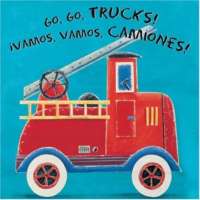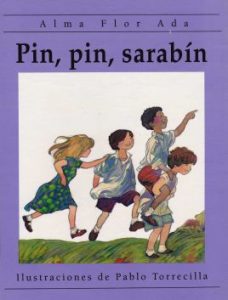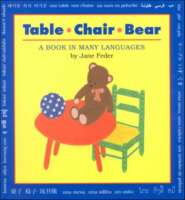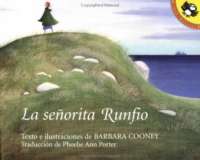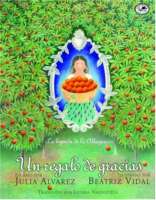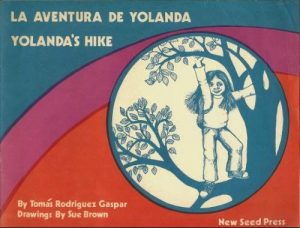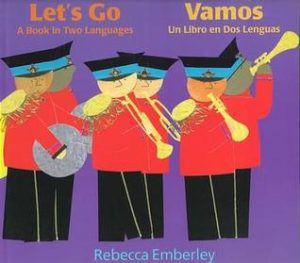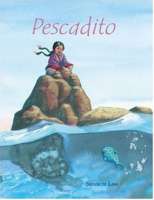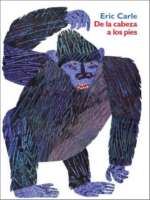
¡Puedo hacerlo! es el mensaje alentador que transmite a los niÑos este divertido libro interactivo ilustrado. Una diversidad de animales conocidos, representados a travÉs de collages Ilenos de color, invita a los pequeÑos a imitar sus travesuras moviendo la cabeza y las caderas, dando palmadas y golpes en el suelo o simplemente moviendo los dedos del pie.
Los movimientos sugeridos en este libro han sido cuiclaclosamente escogidos de manera que sirvan como ejercicios para cada una de las partes del cuerpo. Mientras juegan, los niÑos adquirirÁn destrezas importantes como escuchar con cuiclado, concentrarse, comprencler la palabra hablada, seguir instrucciones, aceptar retos y controlar los movirnientos cle sus cuerpos.
Las risas cle placer no dejaraÁn de oirse mientras los niÑos (¡y los mayores tambiÉn!) participan en el juego.
“La alegrÍa y el placer de aprender y de crecer siempre son parte de los libros de Eric Carle. De la cabeza a los pies no es una excepciÓn, pero quizÁ sea excepcional por el hecho de que insta a los niÑos a ‘moverse’ literalmente a medida que leen el libro. Ahora, ademÁs de escuchar, imaginar, descubrir, sentir y pensar, los niÑos pueden ser parte de la acciÓn. Es como si Eric Carle dijera a su manera, ‘Ven a jugar conmigo'”.
